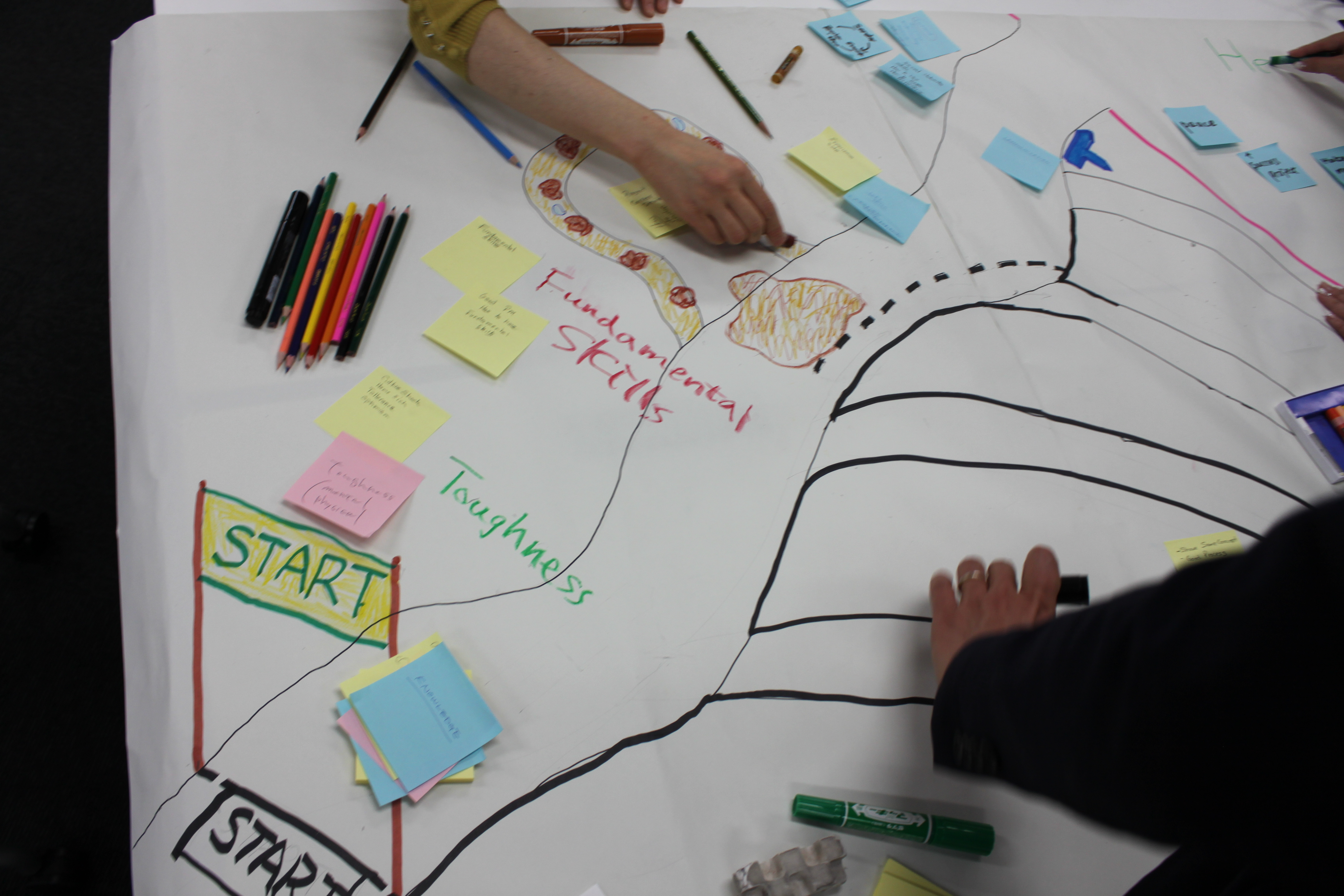Project management can be tough work. In so many cases, you hold the keys. You know every detail of your program. And your colleagues look to you for guidance and leadership. But what does it mean to be an effective project manager? With so many factors beyond your control, there’s a few crucial strategies you need to master to assure that your project ends on time, and on budget. I highlight five below.
1. Setting Clear Objectives: Every project should have clear objectives and goals that everyone has agreed on. This information should be clearly documented and referenced often to make sure you and your team stay on track.
2. Creating Flexible Dates: Project managers can attest that it’s very rare for a project to go exactly as planned. At some point, there is a fire drill or an unexpected change in plans. When you’re building your budget and timeframe, be sure that you build in a reasonable amount of flexibility for your project. You must be able to expect the unexpected, and give yourself some time to adjust timeframes and schedules, so you can assure the project gets completed on time.
3. Accepting You’re Not In Control: One of the problems with project management is that for some projects, the amount you actually control is limited. Your job might actually be to make the right connections, articulate needs and hope that team members follow through with deliverables. So if you find yourself in this position, you must adjust your strategy accordingly. You’re going to have to cede control and empower your team.
4. Communicating With Your Team: Proper communication is essential. And it’s not just when there is a problem. It’s designing an appropriate number of meetings, checkins and status updates for the team. This really means honing in on your leadership skills, not scheduling frivolous meetings that micro-manage the team and are not productive uses of people time. Every meeting must have an objective, and should be designed to empower the team, not just dictating action.
5. Crafting a Budget: If you’re operating on a project that has a tight budget, always know the ins and outs of the budget. This information is valuable so you can plan accordingly, monitor costs and make the appropriate decisions to stay within budget. If you aren’t tracking hours, time and costs in a way that suits the project needs – reconsider your approach. As a project manager, you need a level of granularity that is different than your teammates. It will help you delegate tasks, control costs and if needed, explain to a client why certain objectives are no longer feasible due to budget constraints.
But the key for effective project management is understanding that these five themes are related. So if you know that a date will shift, it’s communicated clearly to your team – explaining the factors that lead to the decision, and why. Or, explaining to a client why a deliverable might have to move, a shrink to the budget, and helping providing clarity on why you might need to change your stated objectives.
Project management can be stressful work. But also very rewarding as you are leading a team to a successful project, and bringing out the best in everyone. So, next time you start a project or if you are currently in the trenches, take a moment to reflect on these five elements. And who knows, maybe you’ll be reminded of some quick wins that you and your team can quickly deploy.
What project management strategies have worked for you?





Great read!